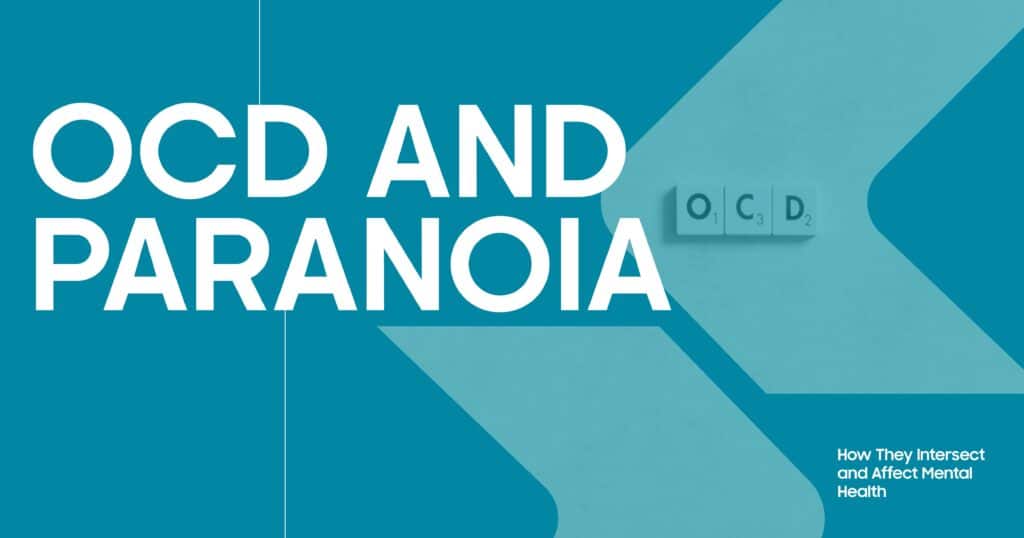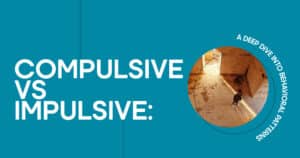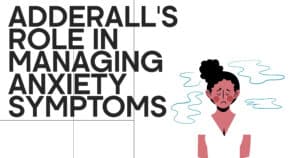Obsessive-compulsive disorder (OCD) and paranoia often overlap – a person without mental health training may even confuse these two conditions, especially when they co-occur. How can you distinguish between these disorders? Does OCD cause paranoia? And what can be done to deal with these two problems simultaneously?
In this guide, we will take a look at paranoia and OCD and explore treatment options available to mental health patients nowadays.
Understanding the Difference Between OCD and Paranoia
Paranoia vs OCD: How to make the right diagnosis? While only a mental health professional will be able to know the exact difference between these two disorders, as well as inform their patient that there are two conditions they have to treat at the same time, there are some distinguishing characteristics that will help you know more about these illnesses:
- Despite all the difficulties that come with the OCD diagnosis, individuals with this disorder are aware of what is going on and know that certain words and actions are wrong, no matter how complicated it is to get rid of them. People with paranoia, on the other hand, will firmly believe in their delusions, treat others as hostile and threatening, and suspect they are in danger for no apparent reason.
- The key characteristics of paranoia are suspicion and fear which manifest during the person’s interactions with others or in the lack thereof. OCD is mostly about intense distress and anxiety that can only be alleviated by performing different compulsions and concentrating on various obsessions.
- The presence of paranoia does not automatically mean OCD – people with anxiety disorder, depression, bipolar disorder, and schizophrenia often exhibit paranoid tendencies, so you may not need to worry about compulsions and obsessions developing later in life.
Can OCD Cause Paranoia?
Although this matter has not yet been studied in its entirety, many researchers believe that severe OCD may lead to paranoia. Paranoia manifests in obsessions, false notions, and hostility towards other people, which is a common sign of severe OCD.
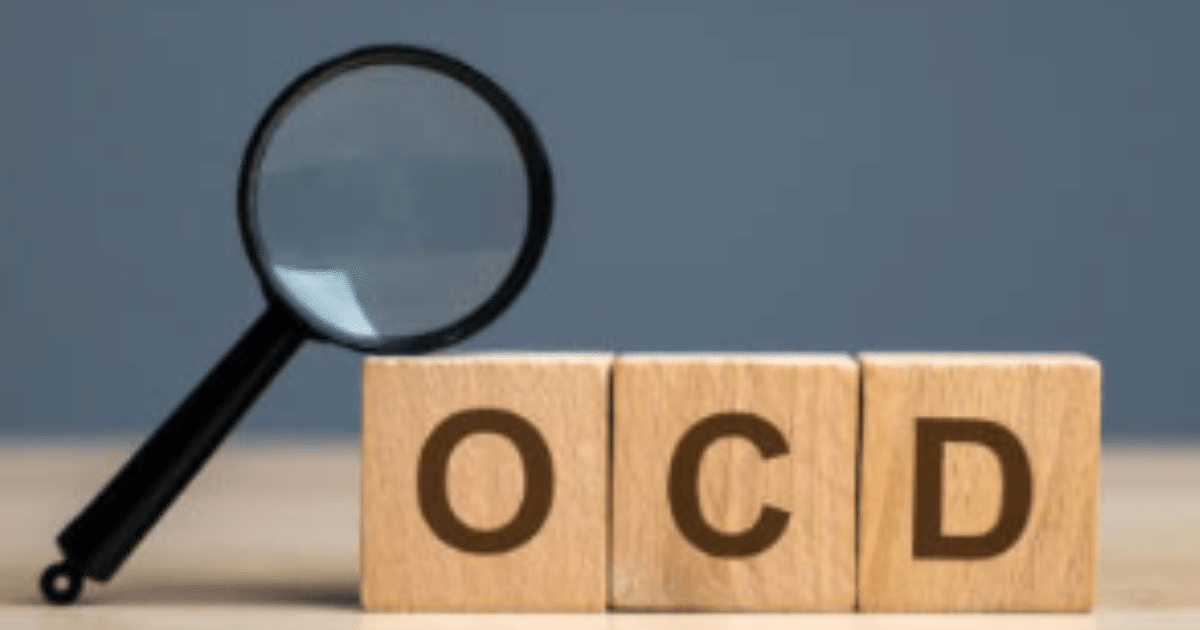
For instance, if your OCD is focused around the fear of contamination – you are scared of illnesses and germs – it is possible you will also worry that other people around you are determined to hurt you and infect you with diseases and viruses as well as make you unclean against your will. It is also possible that paranoia comes first and causes OCD symptoms to manifest for the first time – paranoid ideations frequently coincide in time with the most severe signs of OCD.
Common Signs of Obsessive-Compulsive Paranoia
| Sign | Description |
The Feeling of Fear | A person with OCD is scared all the time – they are afraid of contamination, they check if they closed the doors or turned electronic devices off, they hoard to ensure they never miss anything they might need, and they ask their family and friends for reassurance when they feel insecure |
| Hostility Towards Others | People with paranoia and OCD are often defensive – they will perceive any kind of criticism as a personal attack and feel frustrated and suspicious |
Aggressiveness | When an individual is overwhelmed, their anger, impulsivity, and emotional dysregulation will force them to act and be verbally and physically aggressive, often for no valid reason, especially when paranoid thoughts become prevalent |
Reluctance to Trust Others | Whether you are talking about your condition or bringing up other topics, you may worry about other people using this information against you to humiliate you or force you to give up on habits you find soothing |
Do Intrusive Thoughts Lead to Paranoid Thinking?
Intrusive thoughts are quite common among people with OCD, depression, and anxiety. It is easy to trigger a person who has distressing thoughts that result in compulsions and repetitive behaviors.
In some cases, these random images and disturbing ideas become linked with suspicions of others and distrust – you may think another individual is planning to harm you or stop you from doing things that allow you to relax, especially if OCD rituals let you feel confident and focused.
Recognizing When Thoughts Cross a Line
Repeated unwanted thoughts are a nuisance, but if you know how to stop them or ignore them until they go away, you are not in any danger. However, some individuals experience intrusive thoughts that make them very upset and force them to believe the only way to proceed is to hurt themselves or other people. If you feel an intense urge to harm others or yourself, you must talk to a mental health professional about it and learn how to eliminate these thought patterns for good.
Treatment for OCD and Paranoia
It may be a challenge for a mental health specialist to diagnose a patient who exhibits the symptoms of obsessive-compulsive disorder and paranoia at the same time. In order to pick the right treatment and tailor it to the needs and preferences of the struggling individual, therapists and psychiatrists must carry out a thorough assessment of the patient’s health before they map out a specific plan of treatment.
Therapy, Medication, and Mindfulness Strategies
| Treatment Strategy | Description |
Individual Counseling | There is a reason one-on-one therapy is the most effective way to deal with mental health illnesses – you can open up to a therapist who has in-depth knowledge and experience working with patients like you and learn to articulate your feelings in a constructive manner |
| Cognitive Behavioral Therapy (CBT) | It is important for a patient to recognize negative thought patterns that contribute to their distress and replace these notions with positive affirmations |
| Acceptance and Commitment Therapy (ACT) | This therapy modality can make you more flexible from a psychological point of view and prevent you from focusing on your compulsions and obsessions and acting on the paranoid ideations that form in your brain |
Exposure Therapy | An experienced therapist can gradually expose you to objects and situations you are scared of and obsessed with so that you are able to regulate your emotional responses |
Medication Management | Medication is an integral part of treatment – a psychiatrist will assess your health and prescribe you antidepressants or antipsychotics to ensure your symptoms are under control |
Mindfulness Practices | While mindfulness is rarely chosen as the main treatment strategy, it can complement more traditional forms of therapy – you can even use mindfulness skills without the supervision of a mental health professional. |
Does OCD Medication Help With Paranoia Symptoms?
Combined with therapy, OCD medication can be very effective when it comes to the elimination of paranoia symptoms, such as constantly assuming others are plotting against you, feeling threatened daily, and experiencing trust issues in relationships with people you interact with.
Note that if the medication you were prescribed in the past has adverse effects and you feel more paranoid than ever, you need to inform your psychiatrist about it as soon as possible so that they can examine your health and select a different medication.
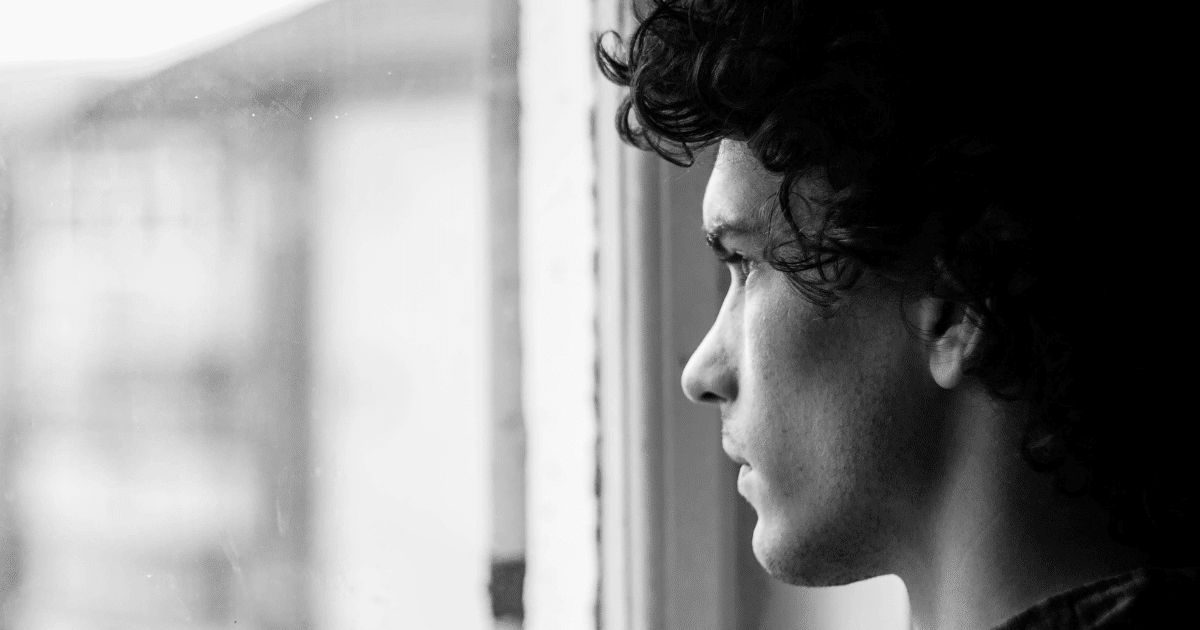
Compassionate Support for Complex Struggles – Contact CA Mental Health
If you have been living with OCD and paranoid personality disorder for years or you suspect certain symptoms might indicate the presence of these conditions before you are formally diagnosed, it makes sense to seek professional help and get an official diagnosis prior to starting treatment or adjusting the treatment program that has not been helpful to you.
Reach out to CA Mental Health today – our specialists are going to evaluate your emotional state and offer you therapy modalities to improve your mental well-being.
FAQs
Can OCD cause paranoia?
In some instances, a person going through cycles of urges and compulsions may experience paranoid thoughts. One of the main symptoms of severe OCD is anxiety, which can easily turn into paranoid ideations.
What is the difference between OCD and paranoia?
Regardless of the overlap between these two disorders, OCD usually means focusing on compulsions and obsessions that allow the individual to reduce their anxiety. Paranoia can be one of the consequences of untreated OCD – for instance, if you were not permitted to deal with stress the way you would prefer, you might start thinking other people are not taking your problems seriously, they dislike you, or they want to harm you in some way.
What are signs of obsessive-compulsive paranoia?
A person with obsessive-compulsive paranoia will spend a lot of time alone with their intrusive thoughts often followed by repetitive actions, they will be hypervigilant of any perceived threat against them and their ways to calm themselves down, they will hold beliefs that are not based on facts, and they will feel severe anxiety and fear that prevent them from living a fulfilling life.
How can OCD and paranoia be treated?
Therapy and medication management are the best methods of treatment for paranoia and OCD. A therapist will offer you evidence-based therapy modalities, such as CBT, to rewire your brain and advise you to practice mindfulness to cope with life stressors in between your appointments.
Do intrusive thoughts lead to paranoia?
When your mind is plagued with intense and irrational obsessions, you may develop paranoia, fully believing other people are trying to lie to you or harm you in some way. Whether this paranoia co-occurs with OCD or not, you can resolve these emotional struggles with the guidance of a therapist.

